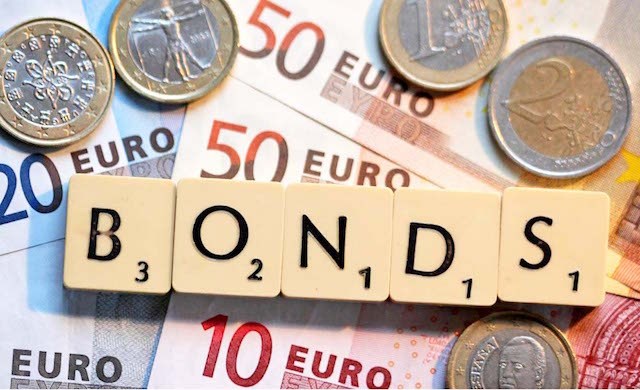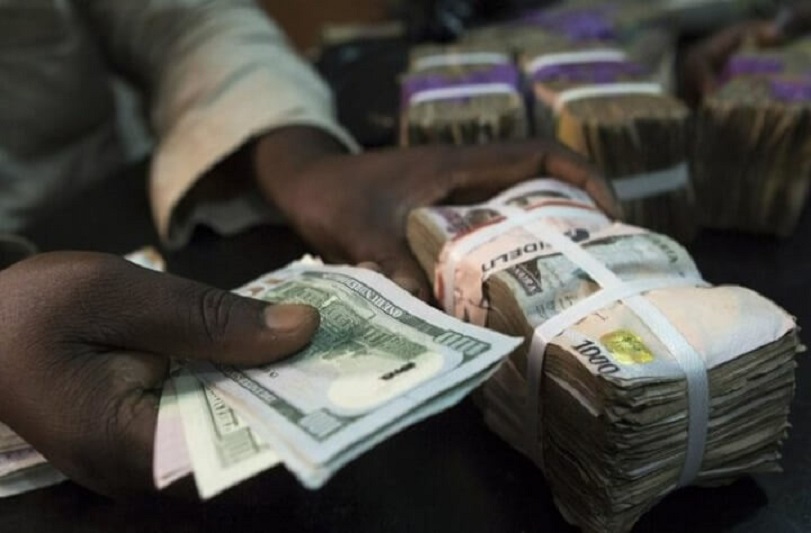Place your adverts here on InfoDig @ low rates; banner ads, sponsored links and guest articles etc. Contact us
With the intention of maintaining optimal returns, the Nigerian Eurobond attracted foreign investors’ attention in the international market due to improved sentiment. Following the difference in monetary policy between the US Federal Reserve and the Nigerian Central Bank, portfolio adjustments were made across tenures.
Gross domestic product growth in the second quarter, falling inflation, and increased FX inflows have all influenced investor sentiment toward the sovereign Eurobond. While the US cut Fed fund rates by 50 basis points, the Apex Bank increased its interest rate tightening at the same time, a departure from previous trends.
Nigeria’s monetary policy decision has often mirrored the direction of the US Federal Reserve at any particular point in time – a defensive strategy to reduce capital flight.
In Nigeria’s sovereign Eurobonds market, buy pressure at the short, mid, and long ends of the yield curve led to a 0.01% decrease in the average yield to 9.43%, according to Cowry Asset Limited.
The selling mood was driven by declining oil prices and some profit-taking activities, said AIICO Capital Limited. Earlier, the market witnessed selling interests in Nigeria and Angola driven by lower oil prices and some profit-taking.
Nigeria’s debt reached $108 billion, which represents an increase of +123% from 2012, a rate roughly 6x their GDP growth rate. Most of this new debt has been externally obtained, leading to an increase in the risk of the burden of that debt becoming unsustainable.
In 2025, $2.5 billion equivalents are due, including $1 billion+ in US dollars, according to Datagram. In 2027, another $1.5 billion will be due. Global financial pressures have weakened the naira to 1,600 per US dollar, while it was barely above 400 two years ago.
“So, the cost of servicing USD debt in real terms has soared, and this is part of why the central bank is panic-hiking 50bp, causing a tightening that seems poised to be limited, as there is no reason to saber champagne yet.”.
















 English (US) ·
English (US) ·